Incentives to the Study of the Ancient Period of American History
Incentives to the Study of the Ancient Period of American History
An address, delivered before the New York Historical Society, at its forty-second anniversary, 17th November 1846
Book Excerpt
ece or Rome, which consisted almost exclusively of straight or angular marks. From its use it has sometimes been called the Rock Alphabet. It has its equivalents in the more full and exact Hebrew and Greek characters, so far as the old alphabet extended. It had, as these changes progressed and the family of man spread, the various names of Phoenician, Ostic, Etruscan, Punic, ancient Greek and Gallic, Celtiberic, Runic, Druidical and others. As a system of notation, it appears to occupy an epoch between the hieroglyphic system of Egypt and the Greek alphabet. But whatever may be said of its origin, affinities, changes, or character, it is clear that this simple alphabet spread westward among the barbaric nations of Europe, changing, in some measure, in its forms of notation and the articulate sounds it represented, until it reached the utmost limits of its western and northern coasts and islands. Here it served as the means of recording human utterance, until it was supplanted and obliterated by the civilizati
Editor's choice
(view all)Popular books in History
Readers reviews
0.0
LoginSign up
Be the first to review this book

 Free Download
Free Download













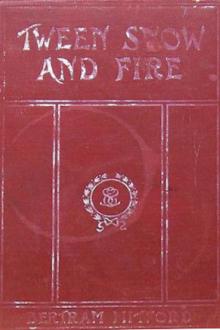


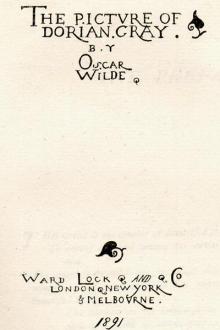



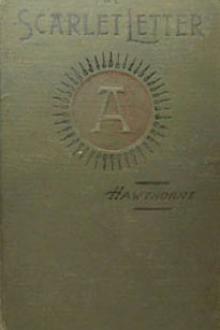

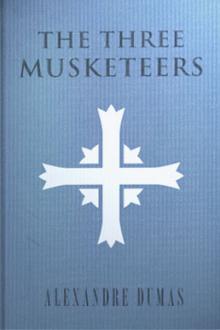
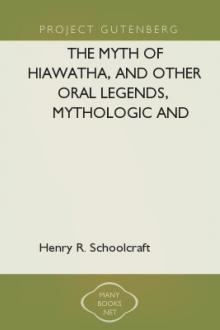


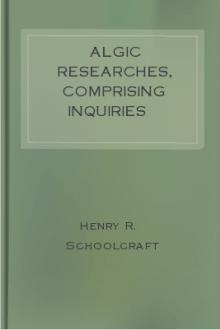
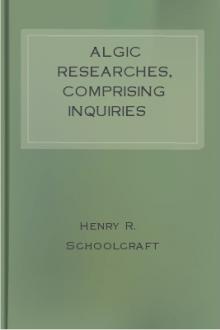
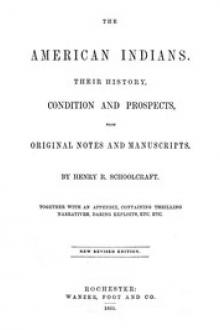
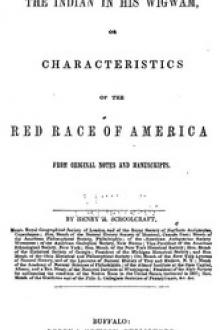


-itok=vcKIB5v1.jpg)